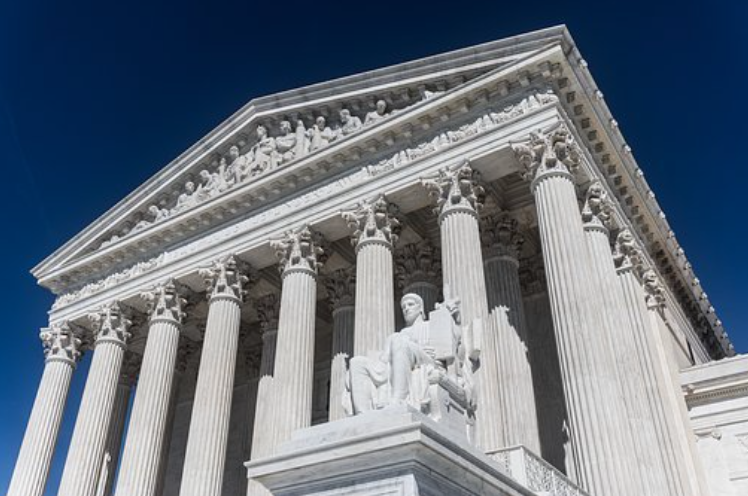The Supreme Court has ruled against the descendants of Holocaust victims, whose forebears were forced to sell valuable artwork to Nazi officials for a fraction of their actual value.
Under ordinary circumstances, individuals cannot sue foreign states in domestic court.
According to CNN, the justices found that the plaintiffs’ claim did not meet the criteria to merit an exception to that rule. However, they did not dismiss the lawsuit outright—instead, they sent it back to lower court for consideration, where attorneys might find other arguments to bolster their case.
Writing on behalf of a united court, Chief Justice John Roberts opined that the United States itself would find such claims objectionable.
“As a Nation, we would be surprised—and might even initiate reciprocal action—if a court in Germany adjudicated claims by Americans that they were entitled to hundreds of millions of dollars because of human rights violations committed by the United States Government years ago,” Roberts wrote.
CNN notes that another, related property-related case was filed in 2010 by 14 Holocaust survivors, four of whom are U.S. citizens. Its outcome was referenced by the Supreme Court in its latest decision.
In that case—targeted to Hungary—plaintiffs demanded compensation for property and possessions they say were seized by Nazi Party officials in 1941. In most instances, their assets were either destroyed or stolen.

To counter the confines of the U.S. Foreign Sovereign Immunities Act, they argued for an exception on grounds that their goods had been stolen in violation of international law.
However, attorneys for the Hungarian government said that such a lawsuit would interfere with U.S. foreign policy—they also pointed out that prior court rulings had dismissed similar claims to avoid “international discord.”
This week’s ruling centered on Germany v. Philipp, No. 19-351, which relates to the so-called Guelph Treasure, a collection of medieval artworks valued around $250 million.
The New York Times reports that the Guelph Treasure was purchased by a consortium of three Jewish-owned corporations in “the waning days of Weimar Republic.”
About half the artwork was sold to private collectors and museums. But once the Nazi Party took power, Hermann Goering—Hitler’s second-in-command and then prime minister of Prussia—took an interest in the collection.
Goering purportedly demanded that the owners transfer the remaining artifacts to his custody, promising political consequences to anyone who refused.
Most of the pieces Goering took are now owned by the Museum of Decorative Arts in Berlin. The treasure’s former owners had attempted to file suit in Germany, but were rebuffed by a domestic court, who said the sale was voluntary.
In his opinion, Chief Justice Roberts observed that an exception to the Foreign Sovereign Immunities Act could not be applied to litigation which concerns a foreign government seizing its own citizens’ properties—whether they were justified in doing so or not.
Roberts also found that a lower court decision—which supported the plaintiffs’ desire to claim an exception on grounds of genocide—was over-broad.
“We need not decide whether the sale of the consortium’s property was an act of genocide, because the expropriation exception is best read as referencing the international law of expropriation rather than of human rights,” Roberts said. “We do not look at the law of genocide to determine if we have jurisdiction over the heirs’ common law property. We look to the law of property.”
Roberts and his colleagues will allow the case to return to lower court, to be argued on the basis that heirs to the treasure may sue because their relatives did not hold or were not permitted German citizenship at the time of the seizure.
Sources
Supreme Court deals setback to Holocaust victims in art disputes


Join the conversation!